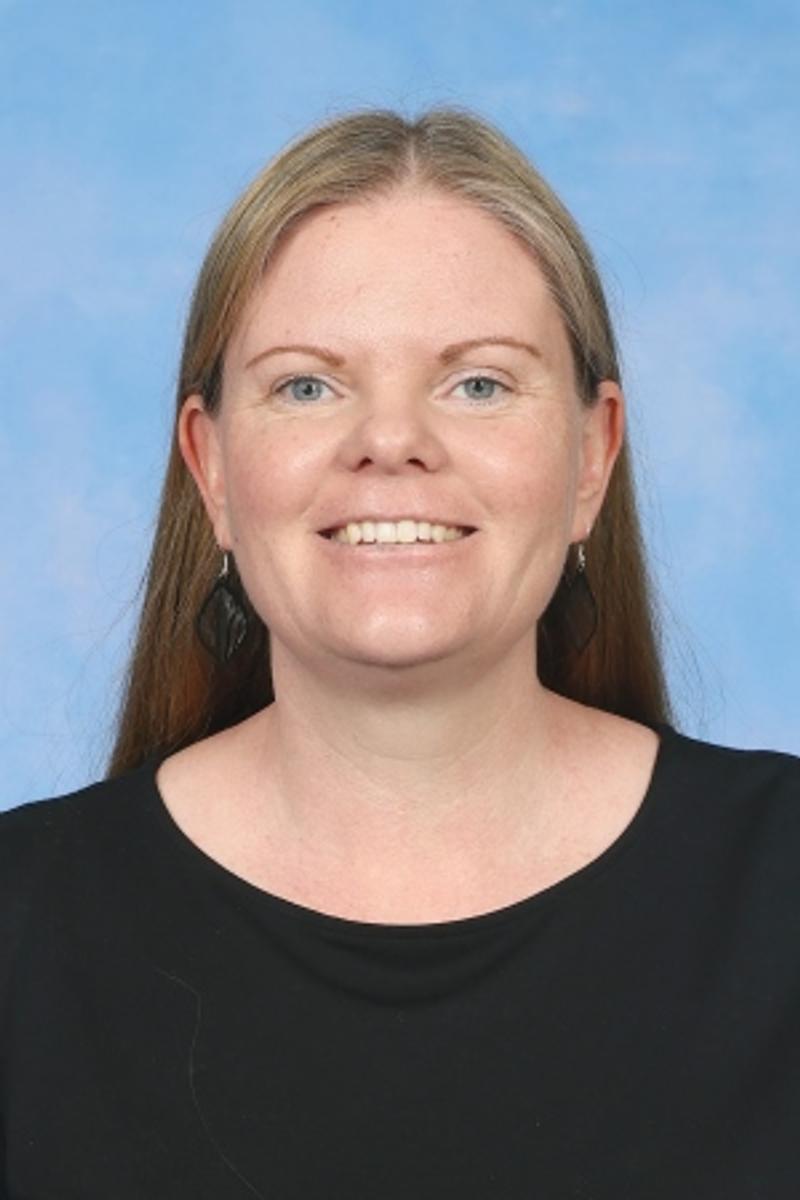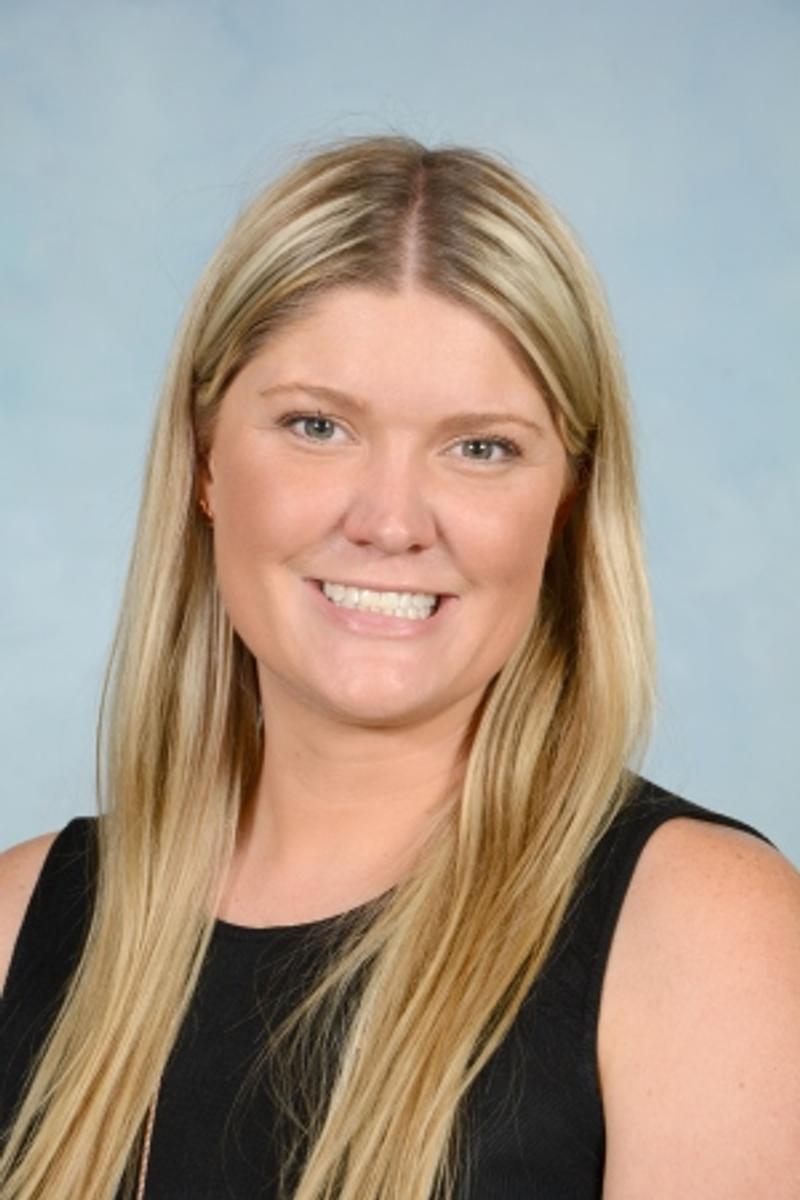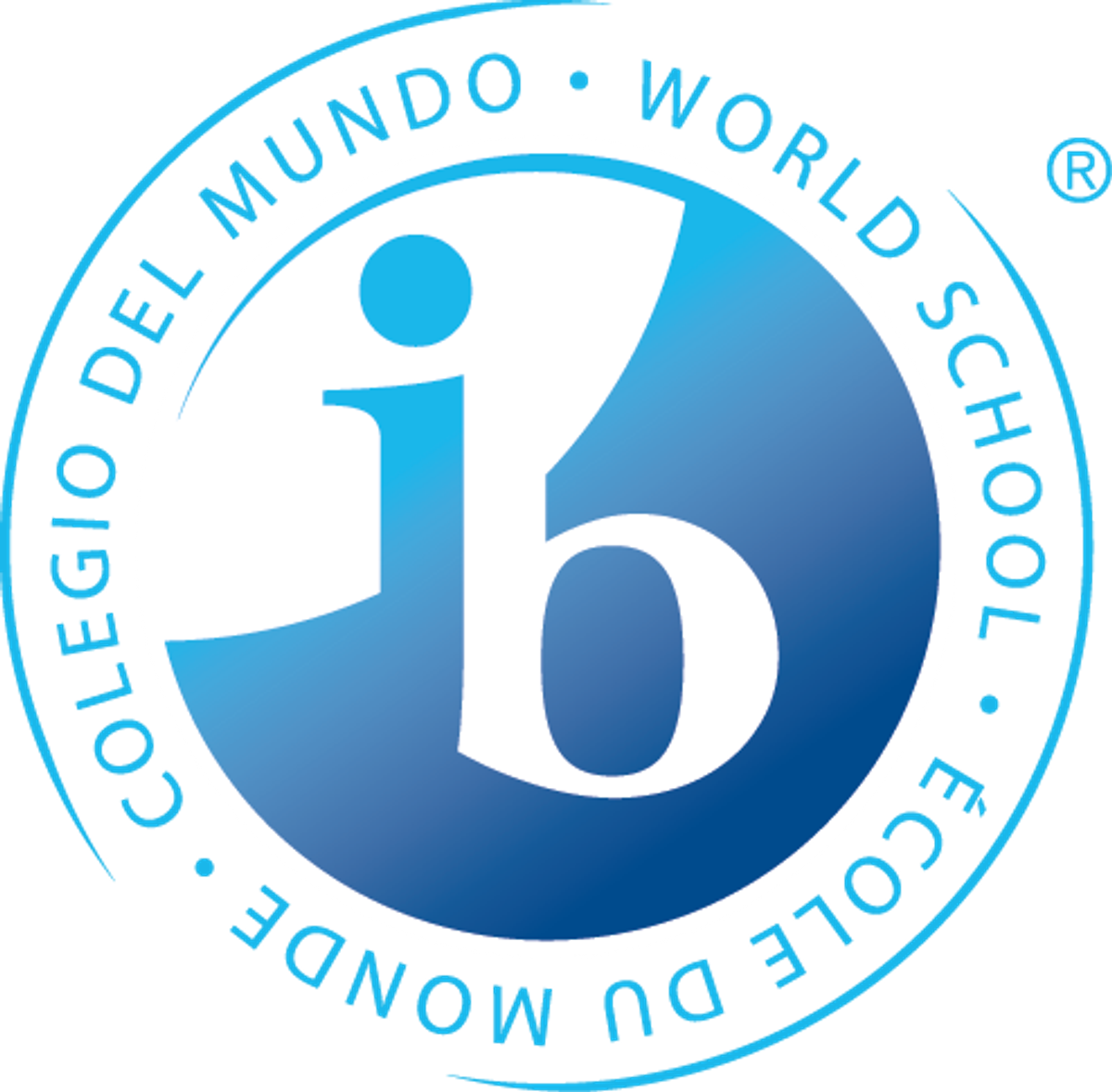How we organise ourselves
Year 6 - Term 4, 2024

How we organise ourselves
Year 6 - Term 4, 2024
Our needs and wants influence economic activities
As an International Baccalaureate (IB) world school, we explore six transdisciplinary themes each year to provide students with a broad understanding of the world. In Term 4, Year Six students will embark on an inquiry into how our needs and wants shape economic activities and the responsibility that comes with being consumers.
In this unit of inquiry, Year Six students will investigate how consumer needs and wants influence the economy. They will explore key economic concepts such as supply and demand, distribution of goods and services, and their responsibilities as consumers. By analysing various economic activities and understanding their impact, students will gain insight into how their choices can affect the community and environment. They will also discuss the ethical implications of consumption and how their actions can promote sustainability.
Action in the PYP is initiated independently by the student as a result of the learning process. We celebrate our students’ actions every day in our classrooms.
Students will develop a foundational understanding that things cost money and will develop a deeper awareness of the prices of various items. They will recognise that items they desire for their Graduation may be expensive.
As a result, students will initiate fundraising activities to support their Graduation expenses, not only helping to raise funds but also enhance their understanding of budgeting and resource management.
If you see your children taking independent action at home, encourage them to share their experiences with their teachers and peers.
Principled: Students will demonstrate integrity and a strong sense of ethics as they explore the responsibilities of consumers.
Communicator: Effective communication will be essential as students share their research and insights through presentations and discussions, showcasing their ability to convey ideas about economic activities.










The Year 6 Team
Mrs Gill, Ms Nicole Palo La Gerche, Mrs Morrison, Mrs Robertson and Ms Holt.

